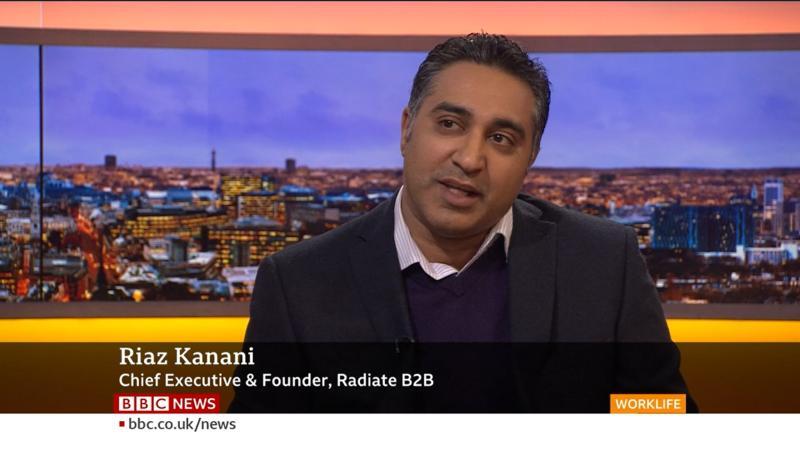When I look back to my Worklife spot on the BBC a few weeks ago, it feels like a different world. Back then we knew there were challenges coming and I discussed how this would impact on startups, people and investment. I’ve expanded on my thoughts below.
On Startups
Obviously this is a hugely turbulent time and a couple of weeks ago, there was a need to be start preparing. In reality, the rapid change in market conditions, including shops, restaurants etc closing has made that especially challenging. Each week as people’s reaction to the situation changes, there is a ripple effect through everyone’s plans.
Regardless, for all startups cashflow is critical to survival so staying on top of that is very important.
The government has helped startups along with other companies with options to furlough staff, grants (for those paying business rates) and business loans. Most startups don’t have enough staff so furloughing is a difficult option. Many technology startups do not work out of their own offices, instead working in co-working spaces so the rates relief does not apply. The only real option for startups are business loans but at present banks are being criticised for the strings that are attached to these.
Still, for startups everywhere, there are always tough times. The trick is to find a path through. Companies that do manage to do so will be better for it after. We can cling to the knowledge that many big successful companies came out of economic downturns.
On collaboration and remote working
Change is hard and despite the many digital transformation projects happening in recent years, supporting remote working was slow. This has really forced everyone to go virtual and find ways to just make it work.
This alone will change the workplace going forward. The remote working capability is now available and many will take advantage of it beyond the current climate.
A couple of weeks ago, I did not see “the end of the office” resulting from this and today I am even more certain of that. The forced social distancing, will result in celebrations when we return to our offices, there will be big office parties and everyone will appreciate coming into the office like never before.
Once we move beyond that initial reaction though a new happy medium will result with many more people working flexibly from home.
On Investment
Despite fears of investors pulling up the drawbridge, deals have been done in the past few weeks. We have also had great conversations with a couple of early stage VCs in that period.
I remember the dotcom bubble bursting and LPs pulling out of commitments with VC funds causing them to scramble and shut down.
So far that doesn’t seem to have happened based on conversations with people closer to it than I. There are always winners and losers though in every situation and so it may be easier for some, while harder for others.
I tend towards the advice given to me recently: Push on but be prepared for the worst. Startups are going to need to tighten their belts for now.
On people
The government has been remarkable in its plans to support employees and the self employed over this period and has no doubt stopped job losses in at least the short term. We have certainly not seen the numbers being seen in America right now.
There is talk again of industry bailouts alongside this. I struggle with this. We did it for the banks in 2008 and now we seem to be considering it for other industries.
This period is clearly unprecedented, and you could argue that it is impossible for businesses to plan for this. But if that is true for larger companies it is also true for smaller ones.
Letting large companies fail creates space for new companies that are much better equipped for today than older slow-moving behemoths. Didn’t we build a welfare system to support people in this situation?
Perhaps unsurprisingly the discussion around how contractors and employees are treated has died down. It is a difficult balance to make between the two. Where should the line be drawn between protections for contractors and employees.
I firmly believe they should be different as there are benefits to each type of relationship with employers. There are bigger challenges right now but this is something that I think will have to be looked at again when the current period is behind us and the rise of gig workers continues.

